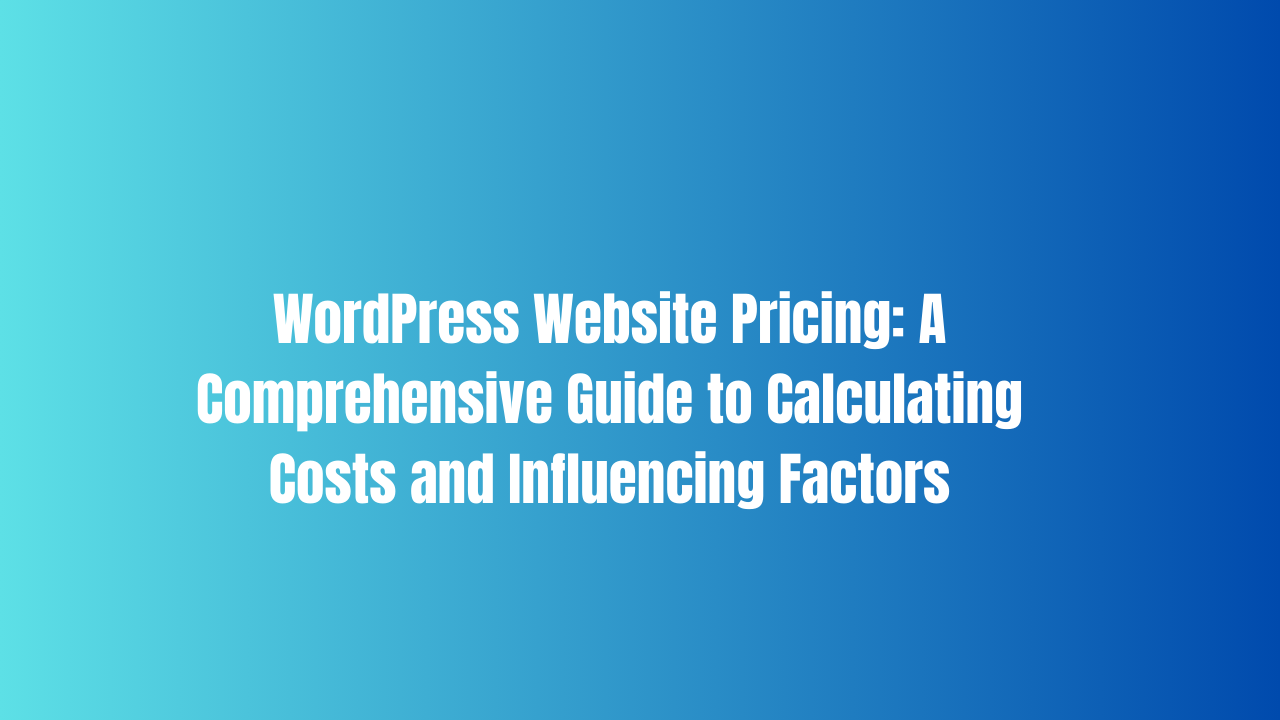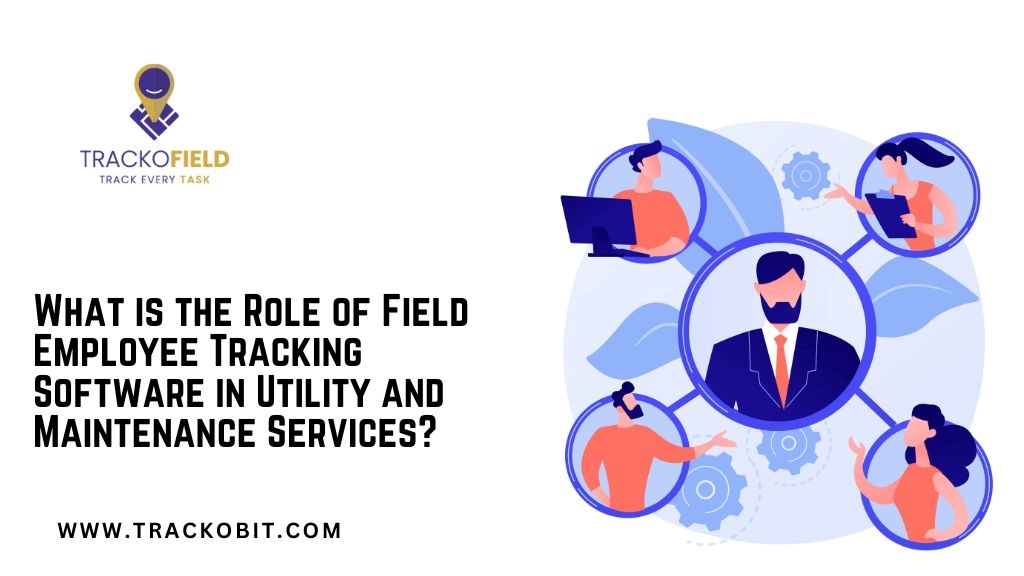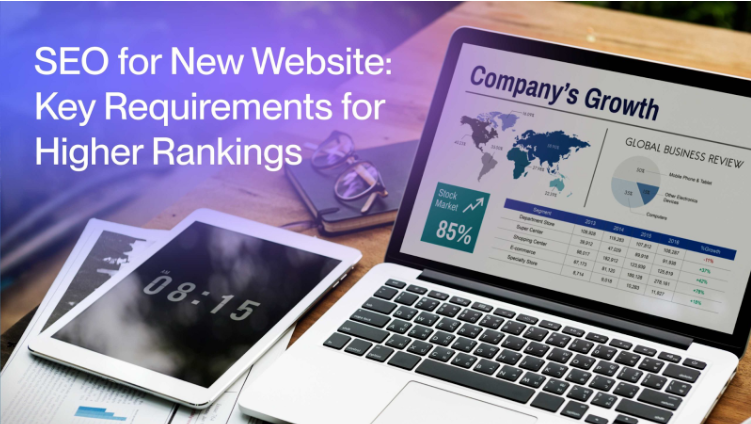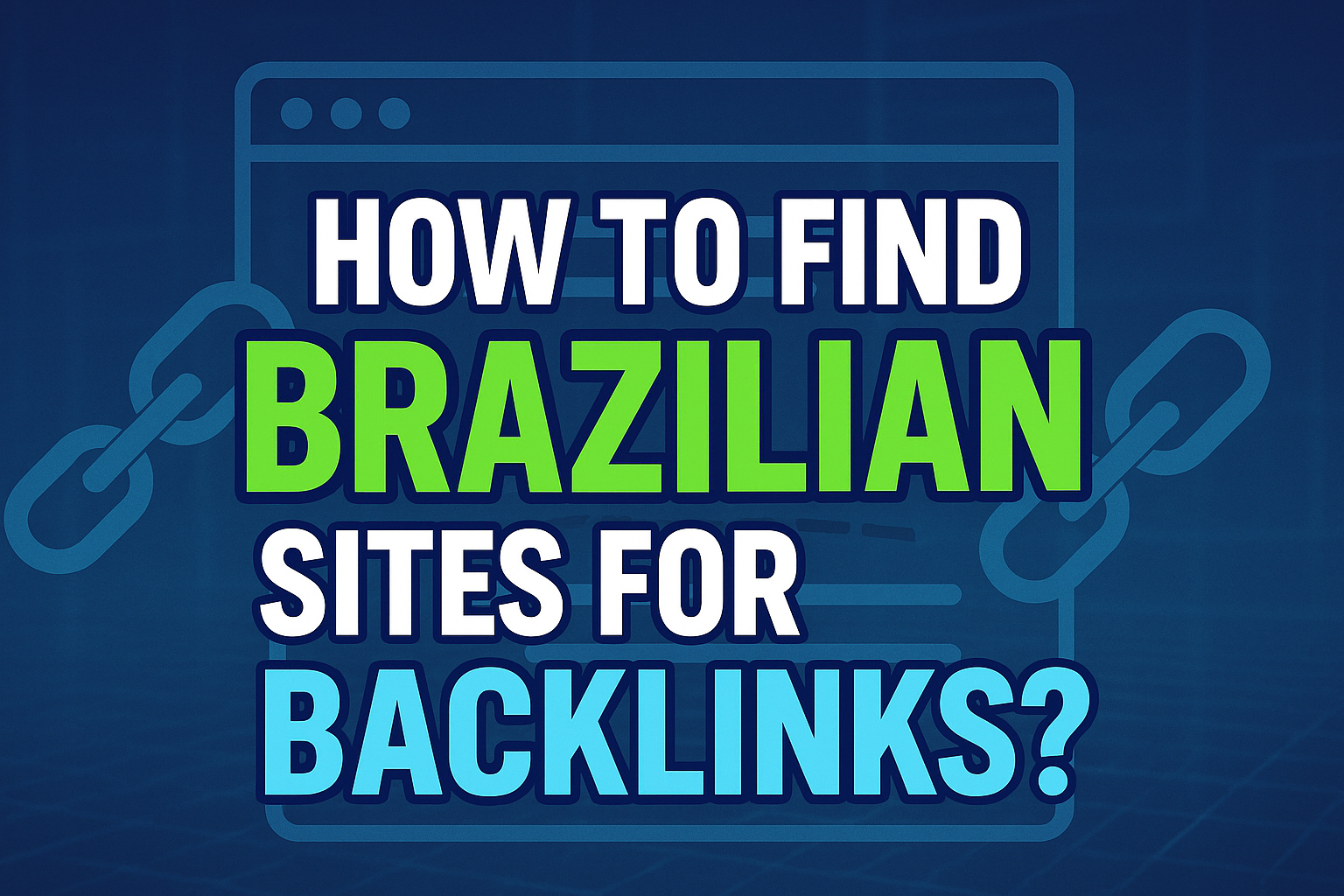
WordPress is a popular content management system (CMS) that powers millions of websites worldwide. It offers a user-friendly interface, customization options, and a wide range of plugins and themes, making it an ideal choice for businesses and individuals looking to create a professional website.
However, determining the cost of a WordPress website can be a complex process. Several factors influence the final price, including the website's complexity, features, design, ongoing maintenance requirements, and additional considerations such as content creation, SEO, and marketing.
Key Factors Influencing WordPress Website Pricing
1. Complexity and Features
The complexity of a website is a significant factor in determining its cost. A simple website with a few pages and basic features, such as a static brochure website or a small business website with a contact form, will cost significantly less than a complex website with multiple pages, advanced functionality, and custom design elements, such as an e-commerce website with a payment gateway or a membership website with user profiles.
2. Design and Customization:
The level of customization and design required for the website also affects the pricing. A website with a custom theme, logo, and other unique elements, such as a parallax scrolling effect or animated graphics, will cost more than a website that uses a pre-made theme and a basic design.
3. Plugins and Extensions
The use of premium plugins and extensions to add specific features to the website can increase the overall cost. The number and type of plugins required will depend on the website's functionality and requirements, such as a WooCommerce plugin for an e-commerce website or a Gravity Forms plugin for creating online forms.
4. Hosting and Maintenance
The cost of hosting and maintaining the website also needs to be considered. This includes the cost of web hosting, domain name registration, security measures, SSL certificate, and ongoing updates to the WordPress core, plugins, and themes.
5. Developer's Experience and Expertise
The experience and expertise of the developer or agency creating the website also influence the pricing. Experienced developers with a proven track record of delivering high-quality websites, excellent customer support, and a portfolio of successful projects typically charge more than beginners.
Additional Factors to Consider:
1. Content Creation
The cost of creating and adding content to the website, such as blog posts, images, videos, and infographics, should also be factored in. This can be done by the website owner, a freelancer, or a content marketing agency.
2. SEO and Marketing
The cost of optimizing the website for search engines (SEO) and implementing marketing strategies to attract visitors can also add to the overall cost. This includes keyword research, on-page optimization, off-page SEO, social media marketing, and paid advertising.
3. Legal and Compliance
Depending on the website's purpose and industry, there may be additional costs associated with legal and compliance requirements, such as privacy policy, terms of service, cookie policy, and GDPR compliance.
Calculating the Cost of a WordPress Website
The cost of a WordPress website can vary widely, ranging from a few hundred dollars to several thousand dollars or more. To get an accurate estimate, it's important to consider all the factors mentioned above and discuss your specific requirements with a developer or agency.
Tips for Influencing the Cost of a WordPress Website:
1. Define your requirements clearly
Having a clear idea of your website's purpose, features, design preferences, and content strategy will help you communicate your needs effectively to developers and get accurate estimates.
2. Choose a pre-made theme
Using a pre-made theme instead of a custom design can significantly reduce the cost of your website. There are thousands of high-quality WordPress themes available, offering a wide range of styles and features.
3. Limit the use of plugins:
Only use essential plugins and avoid unnecessary ones that can add to the cost and complexity of your website. Consider alternatives such as built-in features or free plugins before purchasing premium plugins.
4. Opt for shared hosting:
Shared hosting is a cost-effective option for small websites with low traffic volumes. As your website grows, you can upgrade to a more powerful hosting plan, such as VPS or dedicated hosting.
5. Consider DIY website building:
If you are on a tight budget and have some technical skills, you can consider building your own website using WordPress. There are numerous resources available online, such as tutorials, guides, and forums, to help you get started.
Conclusion
The cost of a WordPress website can fluctuate based on various factors, with one of the pivotal determinants being whether you opt for freelance development or engage a web agency. By understanding the key factors, considering additional requirements, and making informed decisions, you can get a website that fits your budget and needs. It's important to remember that investing in a high-quality website can provide long-term benefits for.



